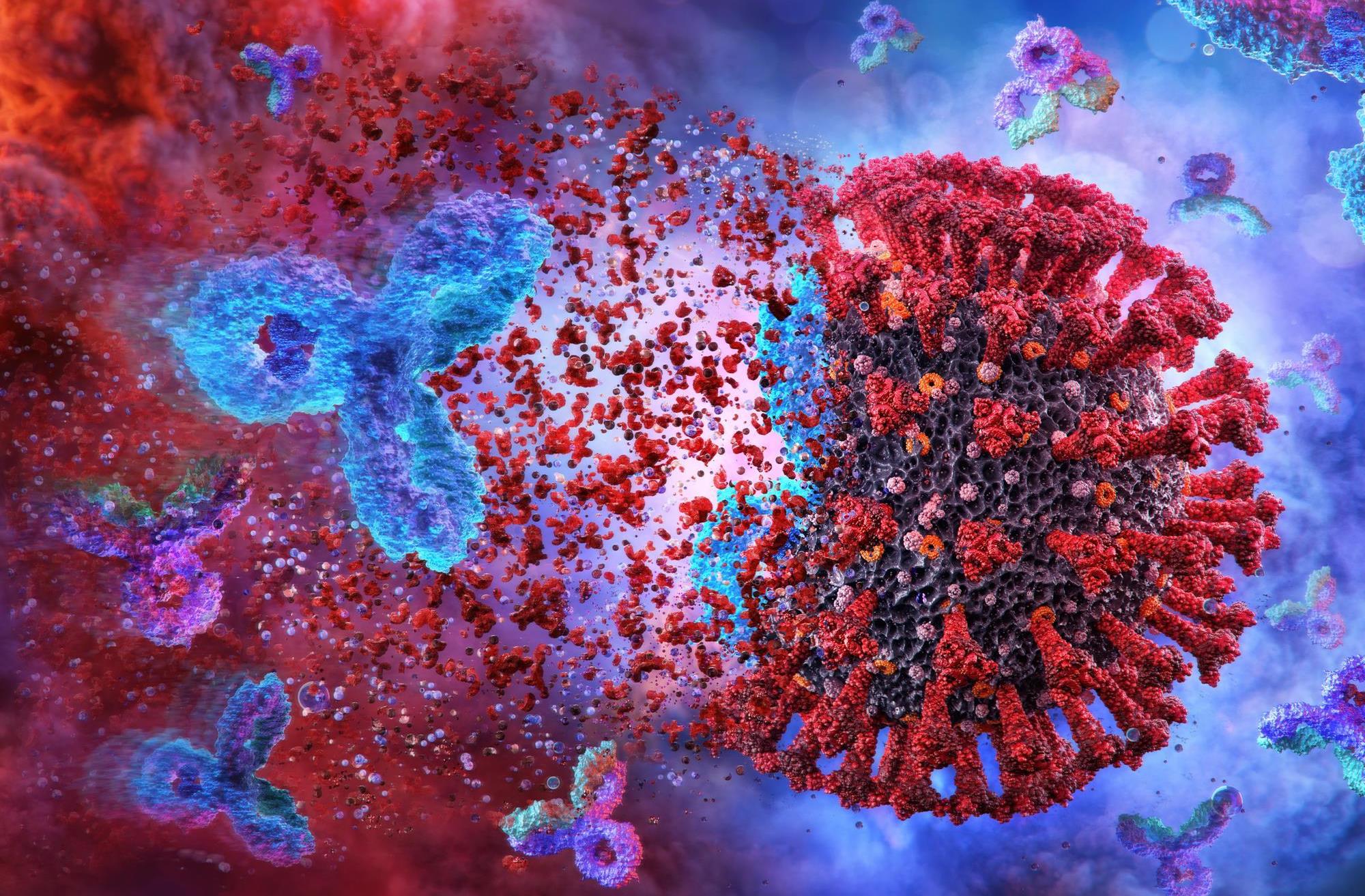Since the start of the global vaccine roll-out, it’s become increasingly clear that – although the vaccines provide strong protection against severe disease – they provide only limited protection against infection.
Israel and Iceland, two of the most vaccinated countries in the world, have recently seen major outbreaks of COVID-19. Both countries had fully vaccinated 60% of the population by July 1st. Yet by early August, Iceland had posted its largest daily total for the number of new infections since the pandemic began, and case numbers in Israel were soaring.
However, the question of whether vaccines are superior to natural immunity in terms of protection against infection has remained open. According to a Guardian article titled “Common myths about Covid – debunked”, which was written by a member of Independent SAGE, natural immunity is “not as good as the protection you get from being vaccinated”.
Yet a new paper suggests the reverse may be true: natural immunity is stronger and longer-lasting than vaccine-induced immunity.
Sivan Gazit and colleagues analysed a large sample of anonymised patient records from Israel. Their sample included two key groups: fully vaccinated people who’d never tested positive; and unvaccinated people who had tested positive.
In addition to matching these two groups for size, and average demographic characteristics, they controlled for ‘immune activation time’. This was done by limiting the sample to people who’d been vaccinated or infected between January 1st and February 28th, 2021.
Patients’ Covid outcomes (subsequent infection, hospitalisation or death) were measured during a follow-up period between June 1st and August 14th.
What did the researchers find? Of the 257 cases that were detected in the follow-up period, 93% occurred in the vaccinated group, and only 7% occurred in the previously infected group. And of nine hospitalisations, eight occurred in the vaccinated group, compared to just one in the previously infected group.
These results indicate that natural immunity confers substantially more protection against infection than vaccine-induced immunity. They also suggest that natural immunity confers more protection against hospitalisation, although one should be cautious here, as there were only nine hospitalisations in total.
The researchers point out that their results may only apply to the Delta variant, and to the Pfizer vaccine, and that they couldn’t control for all relevant differences between the two groups. Nonetheless, their paper provides the strongest evidence to date that natural immunity beats vaccine-induced immunity when it comes to infection.
Francious Balloux of UCL, a self-described “militant corona-centrist”, said the paper “is a bit of a bombshell”. Though he added that “essentially every adult who hasn’t been infected yet greatly benefits from being vaccinated”.
Gazit and colleagues’ findings still need to be replicated. But if they prove to be robust, then government priorities may shift substantially going forward. The case for vaccinating healthy young people will be even weaker. And the case for donating surplus vaccines to poor countries will be that much stronger.











To join in with the discussion please make a donation to The Daily Sceptic.
Profanity and abuse will be removed and may lead to a permanent ban.
A very useful contribution from Sam Bidwell. Worth the yearly subscription.
Sam Bidwell’s segment is very interesting. We have an alien, intolerant, unassimilable group in our country. They must be removed to protect our native people and our culture history and traditions. To defend the ESWI people.
The establishment needs to be aware that when the Great Civil War comes, the angry natives will take out their anger on those who have enabled and aided this disaster. And those who did nothing even though they could. And people are recording the names of those people who are to blame. They won’t escape justice.We will remember.